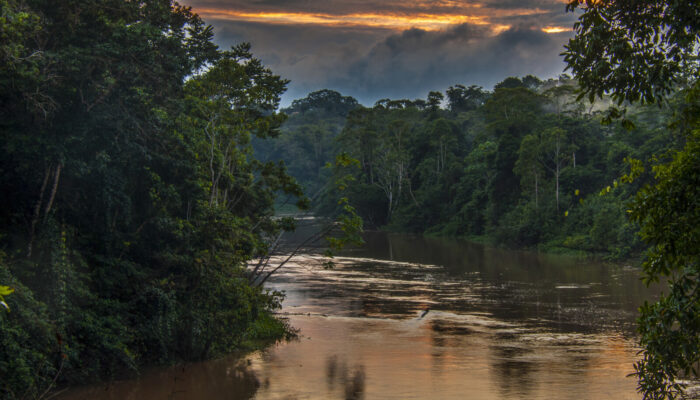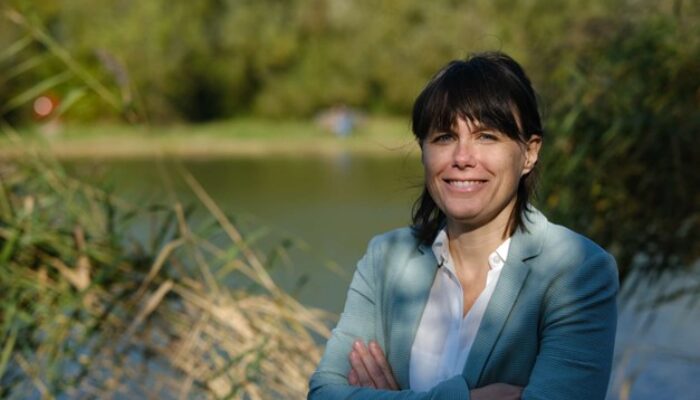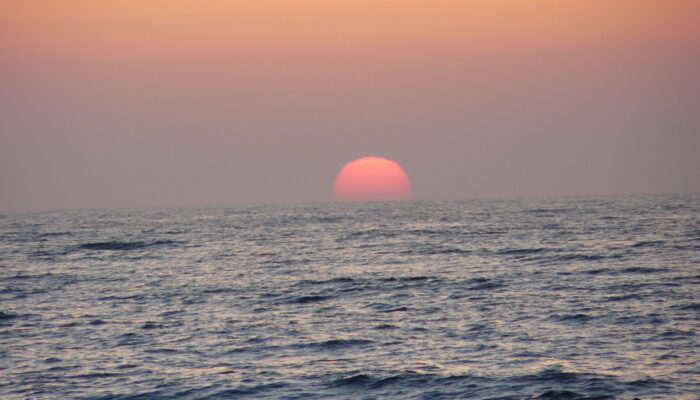Annegret, welcome to GeoTalk! You’re a researcher who focuses on abiotic-biotic environmental interactions. Can you tell us how the implications of your research extend to sustainable management practices? The United Nations, European Union, and national governments require us to restore landscapes to a ‘natural’ state. However, European landscapes have been shaped by human activity for thousands ...[Read More]
Tropical rainforest, the lungs of our planet, might be releasing more than just CO2!

When I was thirteen years old, my family and I almost lost our lives due to a carbon monoxide (CO) leak. I never stopped thinking about that incident even though it happened over twenty years ago. Not only because it was a premature realisation of my own mortality, but also because of how sneaky it was: We did not smell it, see it, hear it, or feel it. It was a subtle and slow killer that could ha ...[Read More]
GeoTalk: meet Kara Müller, researcher of biodegradable plastic!
Hello Kara. Thank you for joining this edition of GeoTalk! Could you tell our readers a little bit about yourself and your background? Thank you, Simon. I am excited to join you for the interview. I grew up in the middle of Germany in Bad Homburg, close to Frankfurt. After school, I travelled through Australia with occasional jobs, and after one year, I decided to return to Germany to study chemis ...[Read More]
Ocean hypoxia: what does the increase of dead zones mean for marine life?
When runoff from farmland and urban areas enters our streams and rivers, it carries a heavy load of fertilizers and nutrients. These substances accumulate and flow into our coastal oceans, triggering a series of reactions that can create hypoxic ‘dead zones’. Dead zones are low-oxygen, or hypoxic, areas in the world’s oceans and lakes. Because most organisms need oxygen to live, very f ...[Read More]



